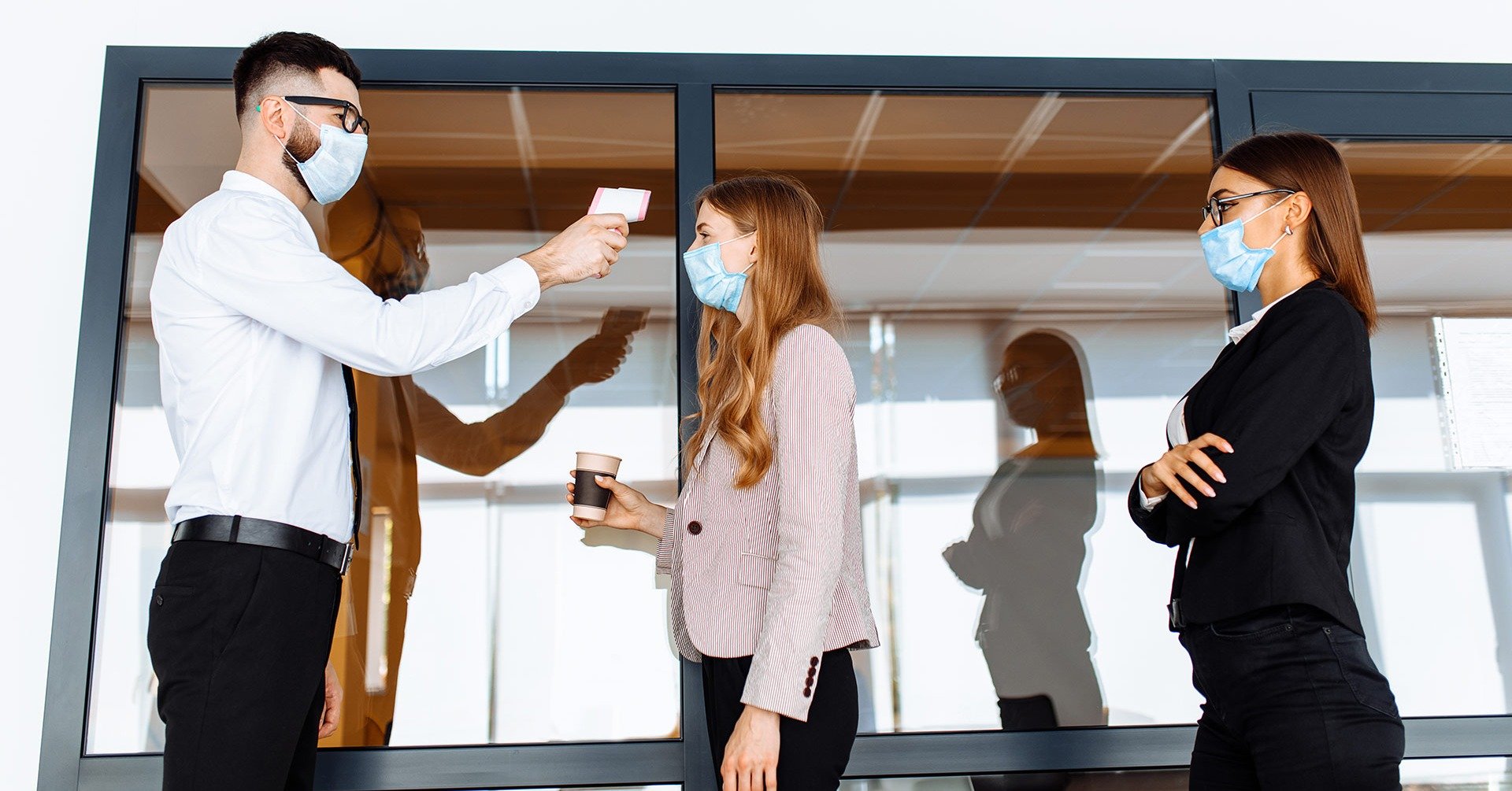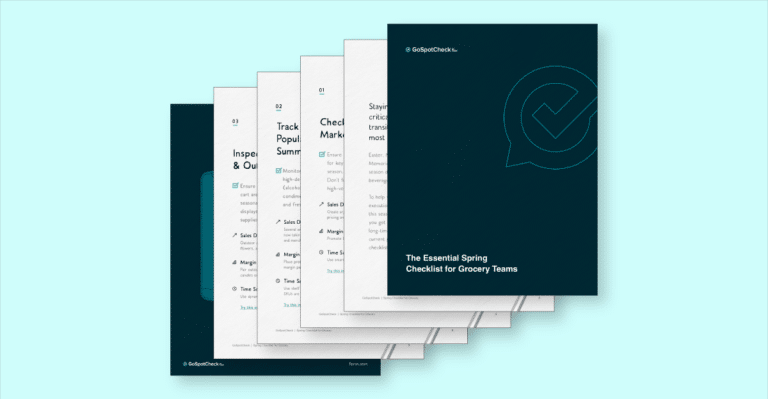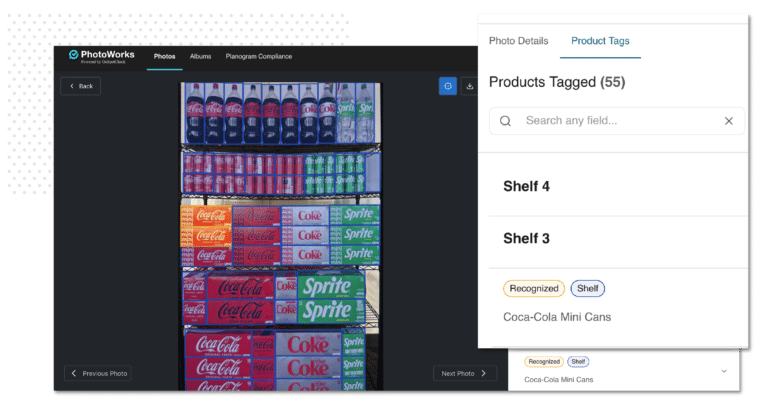Hotel franchises and brands are quickly adapting to the challenges brought on by Coronavirus. They’ve made the transition to locking down rooms for 24 hours before cleaning, providing hand sanitizer for every guest, and performing no-touch check-ins. Even at reduced capacity many hotels boast full bookings and are taking a careful step toward “business as usual.” However, it’s likely that the hospitality industry will never be the same as it was.
In the “next normal,” hospitality businesses around the world will experience long-term changes that permanently alter the hotel experience. COVID-19 is merely the catalyst for a dramatic shift that spent a long time in the making. Let’s explore some of the ways the hotel industry will alter its course and examine how techological innovations can help your organization navigate the current crisis.
Implement more sophisticated data collection tools
“Biohazard cleaning” is how Gina Hornbeck, hotel manager at Diamond Mills Resort & Tavern, describes the level of sanitization her housekeeping staff must achieve. “They suit up and go in, in masks and gloves, to clean up.” While some may view these extra steps as extreme, the added confidence it provides to guests can’t really be quantified. The average traveler experienced a mental shift and reorganized their priorities, and that’s not likely to go away anytime soon. Not every hotel brand has taken to these more intensive cleaning methods, but there are several technologies that are likely to stick around long after Coronavirus fades from memory.
Because of this renewed emphasis on tracking cleanliness and quality, digital solutions for collecting and reporting data have become more critical than ever. Tools such as digital forms allow mobile teams to quickly assess quality assurance, cleanliness, and compliance issues and send them directly to an aggregated database. This system combines previously disparate sources of information in one place. With real-time data available at their fingertips, managers can navigate next steps more quickly and effectively. More importantly, they can understand trends and head off escalating problems before they spiral out of control.
With an integrated mobile solution, supervisors and administrators can quickly access the aggregated data and analyze it without digging through filing cabinets or chasing down paper trails. This makes the process of “putting out fires” a proactive effort rather than a crisis response. Additional tools like dashboards provide bite-sized slices of information that visualize trends over time, or they may offer short-term daily insights. Digital transformation is a likely shift during the pandemic as more hotel franchises and brands discover the numerous benefits a platform for collecting, analyzing, and reporting mission-critical data offers.
Encourage low and no-touch interactions with automated workflows
The pandemic has introduced considerable demand for contactless travel. From no-touch check-in using mobile devices as keys to service robots delivering food and amenities, solutions abound for hospitality organizations. One of the most overlooked sources of no-touch interaction lies in automation, specifically digital workflows. Workflows powered by a data collection platform allow seamless transitions from initial inspection to final follow up. By alerting supervisors and management when specific answers are given on a mobile device, a hotel’s response to compliance issues can be faster and much more effective. All this can be done without face to face conversations and limited handling of shared objects such as pens, documents, clipboards, paper forms, and so on.
They also prevent some issues, such as shortages of in-demand cleaning supplies, from occurring at all. When a room cleaning takes place, workers may log their activity in the workflow system. If the “reorder” threshold is met, supervisors are notified of an impending shortage. This allows them to quickly order much-needed materials long before the supplies run dry. These methods can easily apply to any items needed to get the job done, such as maintenance materials and PPE (personal protective equipment).
Many hotels have begun taking the temperatures of both employees and guests when they enter the premises. Some have also issued health screening forms in an effort to combat a potential outbreak. With response protocols in place, a dedicated workflow can help guide employees through the right series of actions if and when a potential COVID-19 infection is found. Based on their input on the screening form, a workflow can assign the right people to individual tasks and inform management of the issue. Instead of relying on word-of-mouth, problem resolution can be completely digitized and automated, resulting in swifter response time and a subtler, less invasive reaction.
While robots offering room service may be the next step in guest convenience regardless of the pandemic, the human element remains an essential part of the hotel experience. It’s crucial to stay on top of human-influenced variables, such as tracking which rooms are still under a mandatory hold before they may be cleaned. If a staff member enters a room on lockdown or begins cleaning without the proper PPE, it’s back to square one. That’s what makes an automated workflow so essential. It dynamically assigns tasks with custom goals and deadlines, making human error a veritable impossibility.
Drive nimbleness and scale through digitization
If the pandemic has taught us anything, it’s that tried-and-tested methods can be thrown into a state of flux at any time. For example, as the pandemic progressed, regulatory health agency instructions on thorough cleaning and protective coverings changed dramatically. Staying ahead of these latest guidelines can be a logistical burden for hotel organizations, especially if they’re working from clipboards, paper forms, and spreadsheets that need to be physically replaced. This is doubly true for large organizations seeking to drive a consistent experience across multiple properties.
The effort required to replace paper forms pales in comparison to the nimbleness provided by digital forms, which are easy to pivot when the need arises. And, unlike digital forms, paper forms can’t be washed or sanitized, leaving them vulnerable to cross-contamination. Digital forms are considerably more flexible and safer than paper, and they are able to scale quickly and easily to meet the demands of distributed workforces.
Even when deployed at enterprise scale, a digital platform for data collection and analysis can turn on a dime. It’s easy to deploy the latest forms to a mobile workforce, ensuring they’re up-to-date on official guidelines. More importantly, it doesn’t take an IT expert to modify or distribute them—just a quick crash course is enough to get going. Leading hotel businesses will quickly embrace digital forms in light of the current crisis, recognizing their versatility and intuitiveness. Their ability to rapidly pivot to the newest recommendations from the CDC or WHO places them several tiers above traditional data collection methods.
At a micro level, dynamic mobile forms can automatically adjust to show users the most relevant questions and answers, which simultaneously simplifies and accelerates inspection processes. With irrelevant questions stripped away, it becomes much easier to understand which components need their attention. Meanwhile, at the macro level, dashboards and reports update in real time, offering administrators a dynamic view of what’s going on throughout the organization right now. It’s a considerable shift from the old pattern of waiting for data to slowly trickle in from various sources, manually aggregating it on a spreadsheet program, and combing through it for hints of what the future holds.
The future of the hotel industry
As they face a future with everchanging needs and customer expectations, it’s clear that hotel organizations are seeking new technologies and methods for maintaining clean, safe experiences for their guests. Through the use of more sophisticated data collection and analysis tools, they’ll be able to stay several steps ahead of the next global phenomenon. Similarly, their grasp of data from multiple sources will keep them apprised of every dimension of the guest experience, giving them unparalleled control over how their business is run.
Through a thoughtful and intentional dovetailing of more sophisticated data collection, no-touch processes, and increased nimbleness, hospitality organizations will quickly regain their footing in a post-pandemic world. Although some analysts say recovery will take years, the tools and ideas triggered by the outbreak will surely stand the test of time. In many ways, the disruption brought on by COVID-19 provided the perfect catalyst for innovation within the hotel industry. It’s just a matter of time before we see widespread adoption of these innovative technologies.
How Form.com can help
The best way to ensure streamlined hotel operations during the pandemic is by integrating and automating data collection and analysis efforts. FORM.com specializes in helping medium and large organizations mobilize flexible forms that match their existing process perfectly. Learn more about how we can jumpstart your digital transformation by getting in touch with a solutions expert. Or, upload your current forms, and we’ll configure a mobile app sample based on your needs at no cost.








